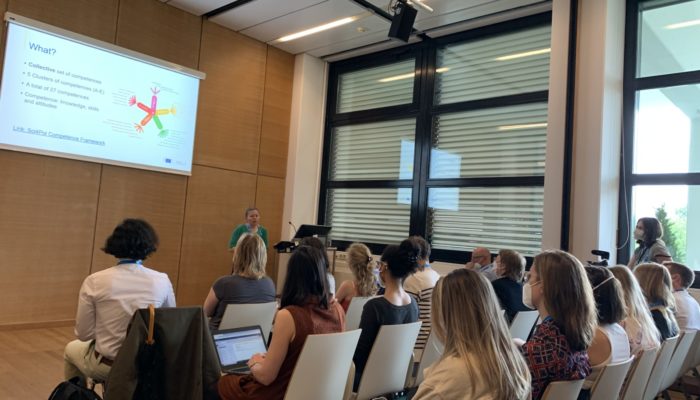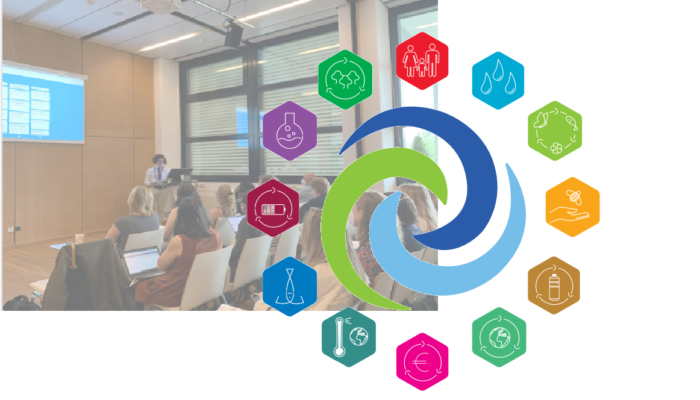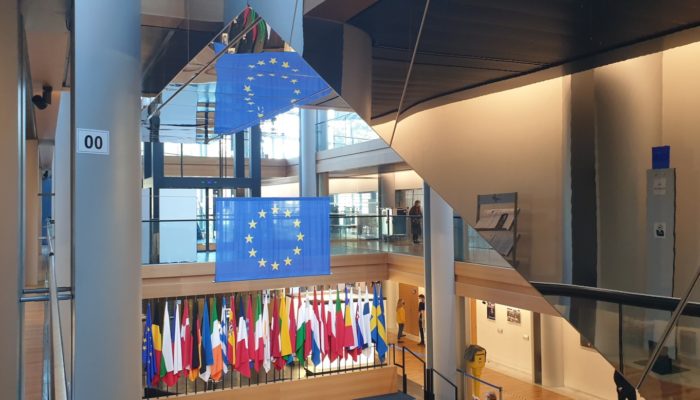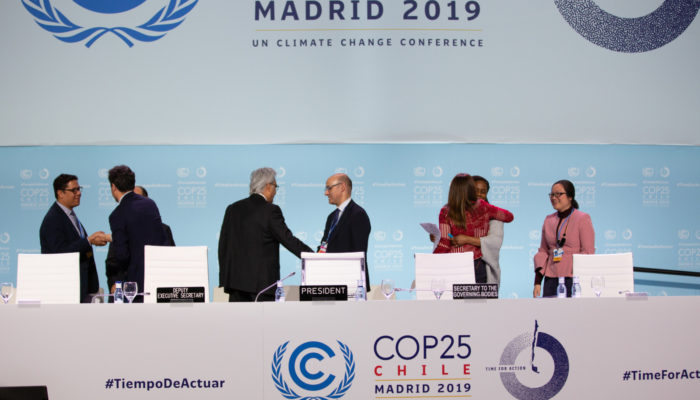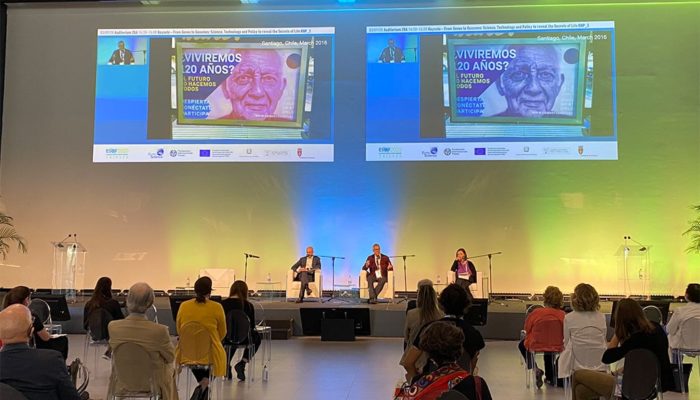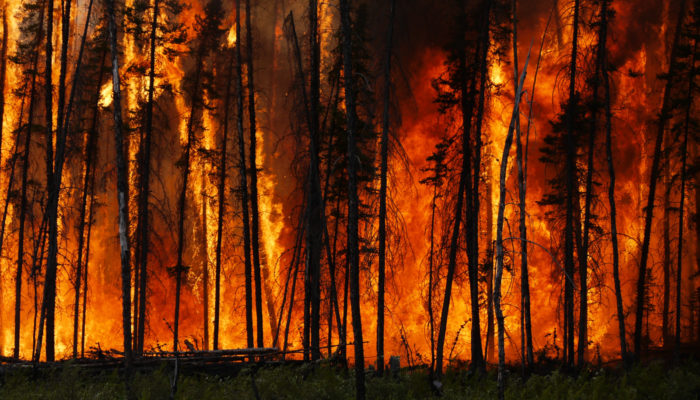For the most part, EGU’s policy activities focus on science advice, science for policy, and occasionally a policy for science initiative! But Science Diplomacy is another adjacent area that is often asked about. This month’s GeoPolicy Blog post will give an overview of Science Diplomacy, its different strands, and how scientists can engage with it! What do we mean by science diplomacy? Scie ...[Read More]
If you didn't find what you was looking for try searching again.
GeoLog
GeoPolicy: Competencies for researchers to achieve policy impact
This month’s GeoPolicy Blog post features the Competence Framework ‘Science for Policy’ for researchers developed by the European Commission Joint Research Centre (JRC). This newly developed framework introduces the different competences scientists can collectively build to increase their policy impact, and how it can be used by research institutions and organisations. Throughout this post, ...[Read More]
GeoLog
GeoPolicy: All about the European Parliament Intergroup on ‘Climate Change, Biodiversity and Sustainable Development’
This month’s GeoPolicy blog features an interview with Ilias Grampas, Manager of the European Parliament Intergroup (EP) on ‘Climate Change, Biodiversity and Sustainable Development’ and Deputy Director of the European Bureau for Conservation and Development (EBCD). Ilias was kind enough to answer some of my burning questions about the role of the EP Intergroup in connecting Members of the Europea ...[Read More]
GeoLog
GeoPolicy: Climate solutions at the center of focus this Earth Day
Earlier this month, Climate Change 2022: Mitigation of Climate Change was published by the IPCC Working Group III as the third instalment of the IPCC’s Sixth Assessment Report (AR6). It emphasises that “rapid and deep” greenhouse gas emission reductions are needed across all sectors to have any chance of keeping the world below 1.5°C of warming above pre-industrial levels. However, it also outline ...[Read More]
GeoLog
GeoPolicy: How a professional YouTuber inspired a science-policy debate in Europe
I recently had the opportunity to talk with Joachim Allgaier, Professor for Communication and Digital Society at the Fulda University of Applied Sciences in Germany, about how video platforms such as YouTube support science communication and influence political decisions. This month’s GeoPolicy blog post explores some of the benefits of having an accessible online source of information and ...[Read More]
GeoLog
GeoPolicy: Don’t Look Up – could better science advice have saved the planet?
Note: Spoilers Ahead! If you haven’t already seen it, go and watch Don’t Look Up – and then come back to this blog to find out what the scientists in the film could have done to better connect and communicate with the policymakers involved! Don’t Look Up gives us a terrifying example of what could happen when policymakers ignore the science. The film tells the story of two astronomers, PhD candida ...[Read More]
GeoLog
GeoPolicy: What’s new in 2022?
2021 was yet another year of uncertainty, with many changes and disruptions to our plans, activities, and goals. EGU’s science for policy programme was no exception to this with the Science for Policy Pairing Scheme and annual Science for Policy Event taking a back seat. We hope that 2022 will not only bring new activities but also rekindle those that were put on hold as a result of the pandemic. ...[Read More]
GeoLog
GeoPolicy: What can we expect from COP26?
The 26th session of the Conference of the Parties (COP26) to the United Nations Framework Convention on Climate Change (UNFCCC) will take place from 31 October to 12 November 2021, in Glasgow, Scotland. With the exception of 2020, COPs are held annually and provide a space for world leaders to negotiate climate policies, targets, and the next steps that need to be take to reduce global emissions. ...[Read More]
GeoLog
GeoPolicy: Get involved in science-policy events this autumn!
Now that summer is over, policy events are back in full swing! With most events still being online, they are easily accessible and generally free of charge. The EGU has an External Science for Policy Events Calendar that lists upcoming policy-related events that are likely to be of interest to geoscientists. This can be a useful resource if you’re trying to find events that will introduce you to t ...[Read More]
GeoLog
GeoPolicy: What does the IPCC’s 6th Assessment Report tell us about the future?
The Intergovernmental Panel on Climate Change (IPCC) prepares and publishes extensive Assessment Reports on the scientific, technical and socio-economic knowledge on climate change, including its impacts, future risks, and likely scenarios based on the actions that humanity takes. In their sixth Assessment Report (AR6), the IPCC’s certainty and warnings were clearer than ever. This month’s GeoPoli ...[Read More]


